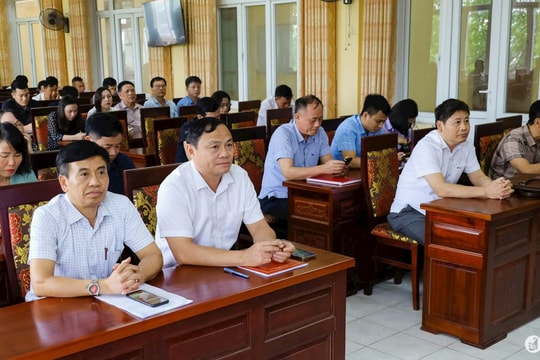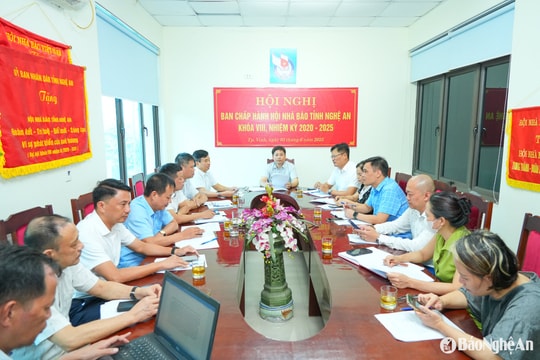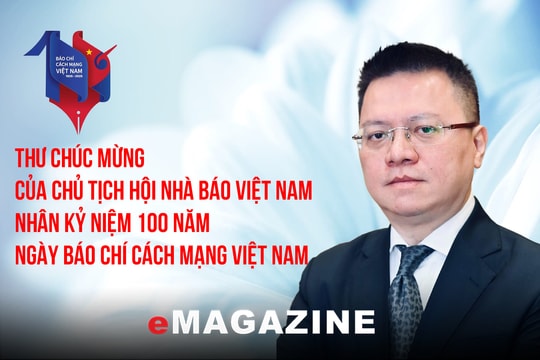President Ho Chi Minh – the great teacher of Vietnamese revolutionary journalism
In the turbulent historical flow of the nation, President Ho Chi Minh was not only the one who pioneered the path to liberation but also the one who laid the foundation, built and shaped the Vietnamese revolutionary press. With his sharp thinking, strategic vision and exemplary writing style, he became a great teacher, leaving an invaluable legacy for the country's press.
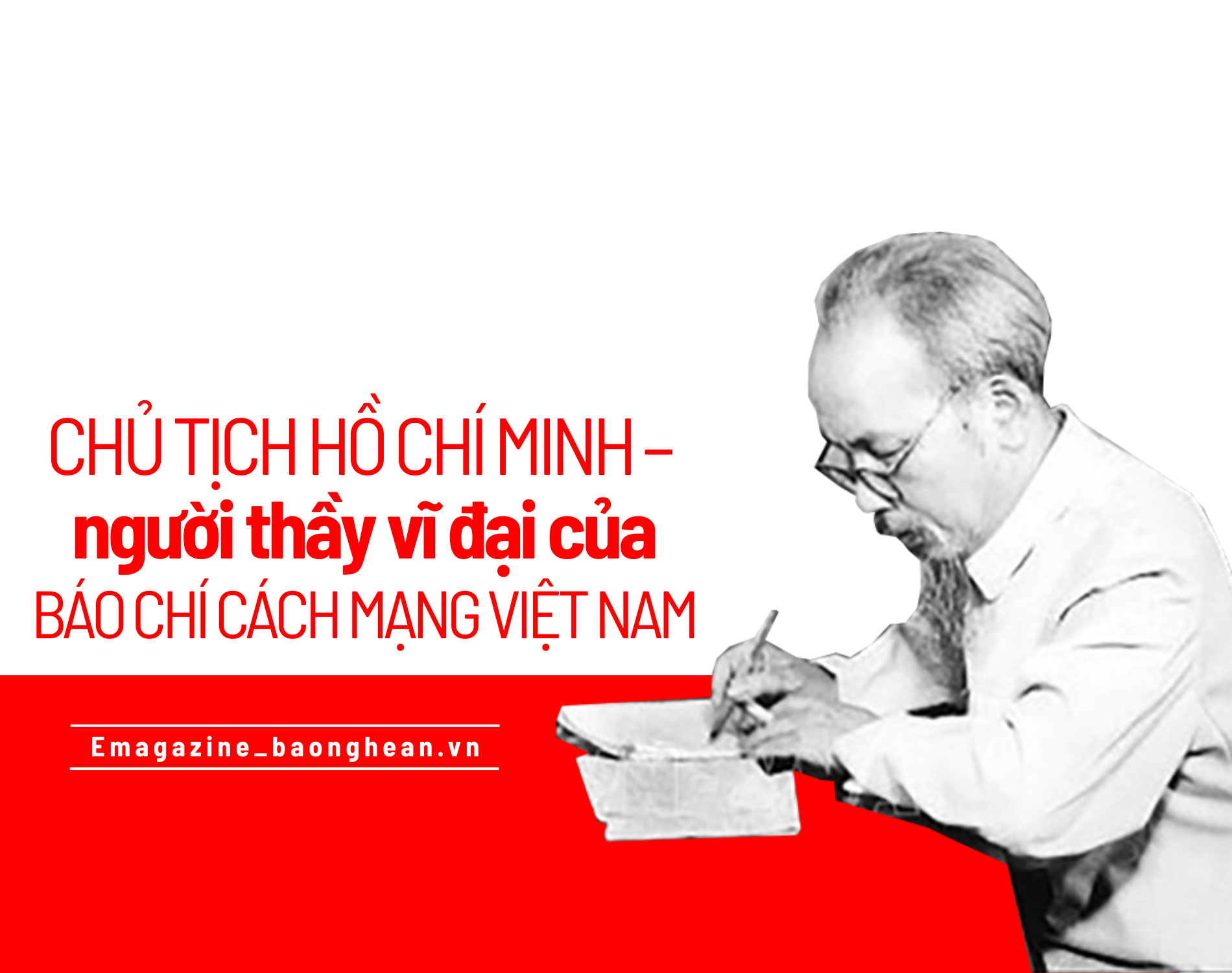
Author: Minh Quan - Technique: Diep Thanh
Publication date: 6/5/2025
In the turbulent historical flow of the nation, President Ho Chi Minh was not only the one who pioneered the path to liberation but also the one who laid the foundation, built and shaped the Vietnamese revolutionary press. With his sharp thinking, strategic vision and exemplary writing style, he became a great teacher, leaving an invaluable legacy for the country's press.
The one who laid the first brick
for revolutionary press
Right from the years of wandering in search of a way to save the country, Ho Chi Minh (then Nguyen Ai Quoc) soon realized the extraordinary power of the press in awakening the masses, spreading revolutionary ideas and gathering forces. When armed struggle and diplomacy were still facing many difficulties, he chose the pen as the sharpest weapon.
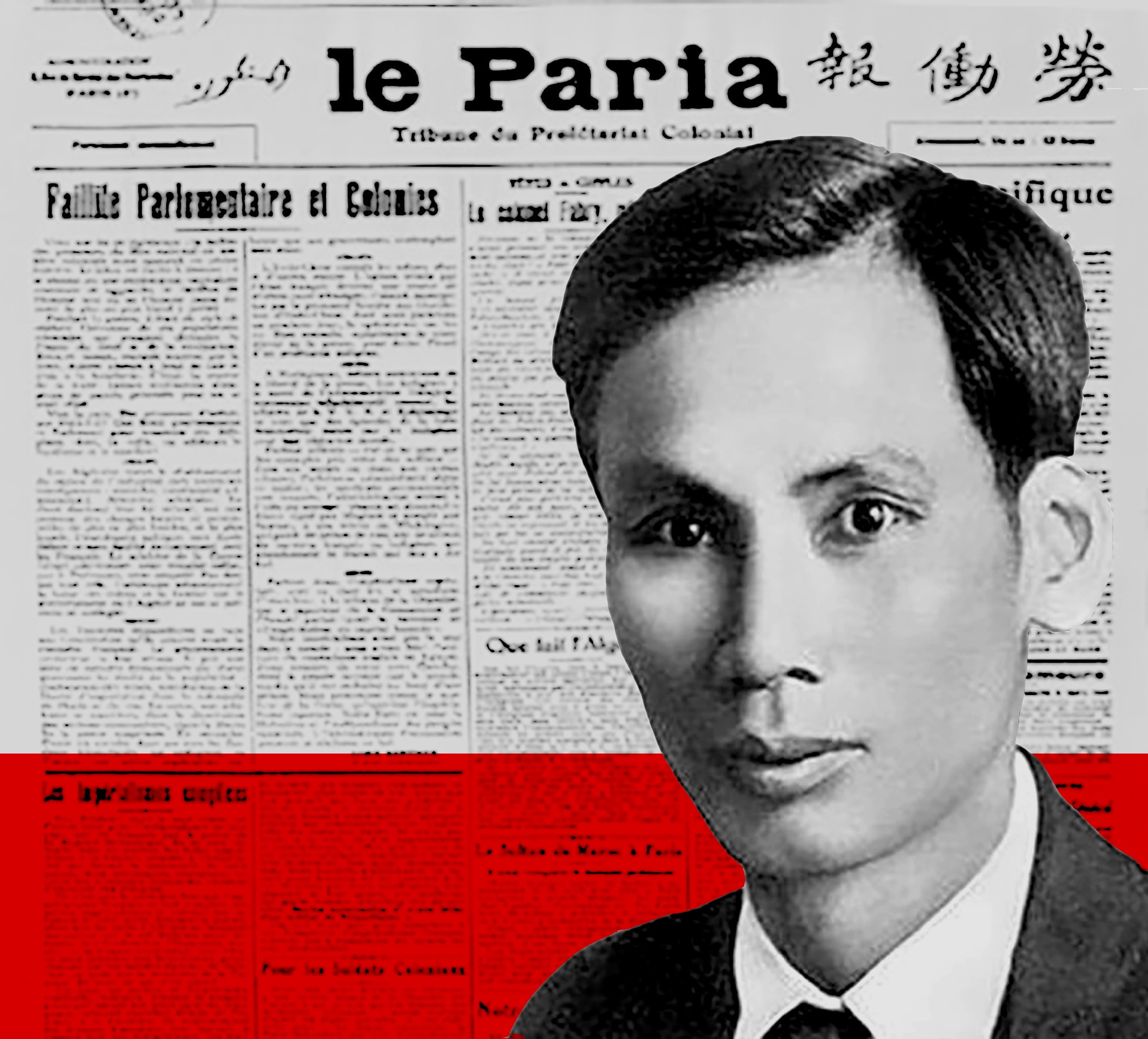
The newspaper Le Paria (The Miserable) founded in 1922 in France is a strong testament to that vision. This was not only a regular newspaper but also the voice of the oppressed, a forum for fighting against colonialism and fascism. With his strong articles exposing the brutal crimes of French colonialism, Nguyen Ai Quoc fanned the flames of hatred and the will to fight in the hearts of patriotic Vietnamese and colonial peoples. He used the press as an effective means to spread Marxism-Leninism, clearly outlining the path to national liberation along the path of proletarian revolution.
Following Le Paria, when he returned to work in the country, Ho Chi Minh directly founded, led and was the soul of many other important revolutionary newspapers such as: Thanh Nien Newspaper (1925), Viet Nam Doc Lap Newspaper (1941), Cuu Quoc Newspaper (1942), and later Nhan Dan Newspaper - the mouthpiece of the Party. Each newspaper and each article of his was an exemplary political work, demonstrating a deep understanding of the situation of the country and the world, while at the same time, conveying the policies and guidelines of the Party and State in the most familiar and easy-to-understand way to all classes of people.
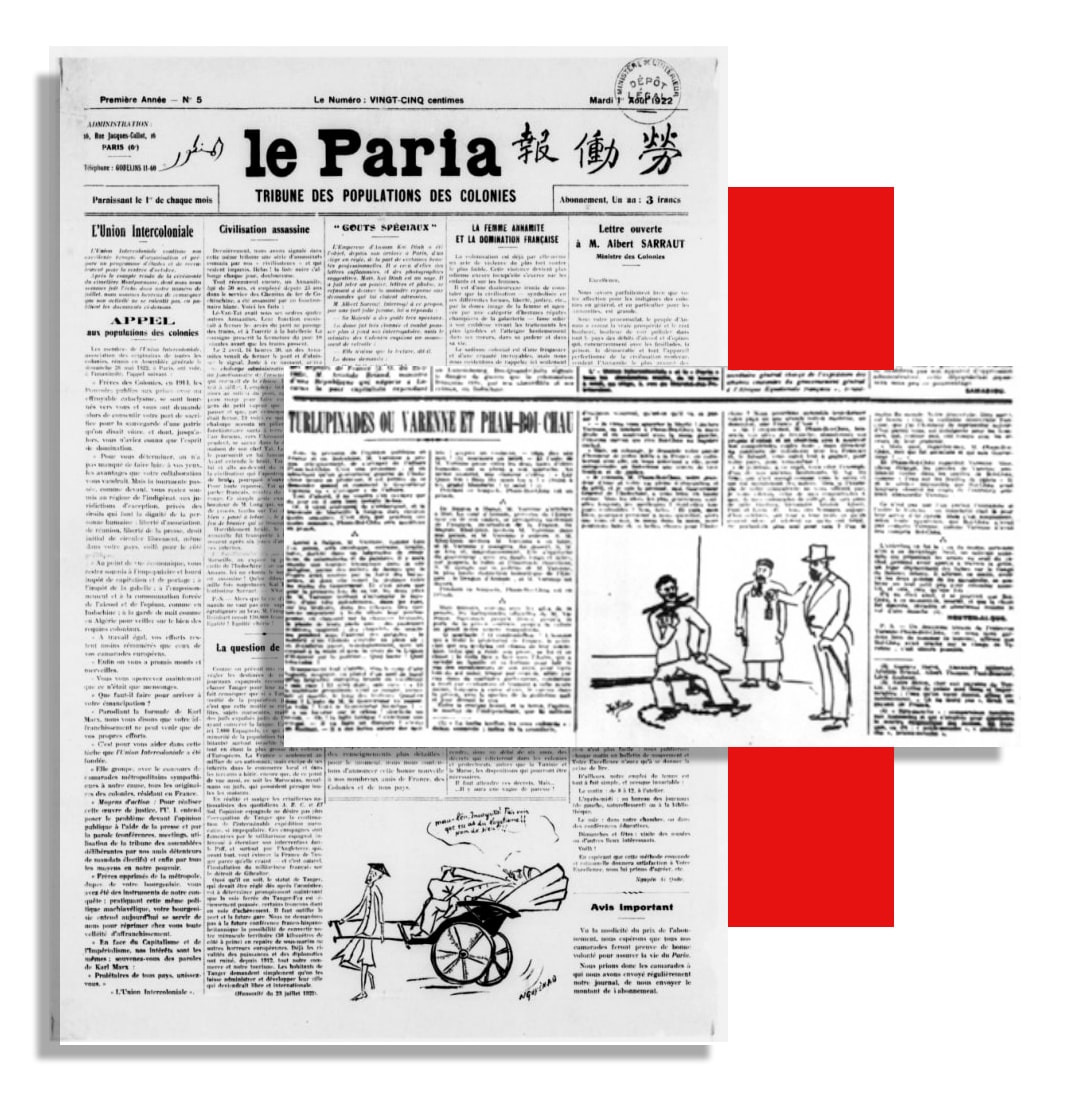
Besides his role as the creator of revolutionary journalism, Ho Chi Minh was also a master writer and an outstanding journalist. He wrote thousands of articles in many different genres: editorials, commentaries, short stories, poems, plays, letters... All of them exuded great thoughts, far-sighted vision, sharp analytical ability and especially boundless patriotism and love for the people. WithpenHe turned the press into a sharp weapon of revolution, and at the same time a great school to educate, enlighten and rally the masses.
Heritage of style and method
Ho Chi Minh newspaper
As a teacher of revolutionary journalism, President Ho Chi Minh left behind a huge legacy of writing style and methods that still retain their value today, serving as a guideline for generations of Vietnamese journalists.
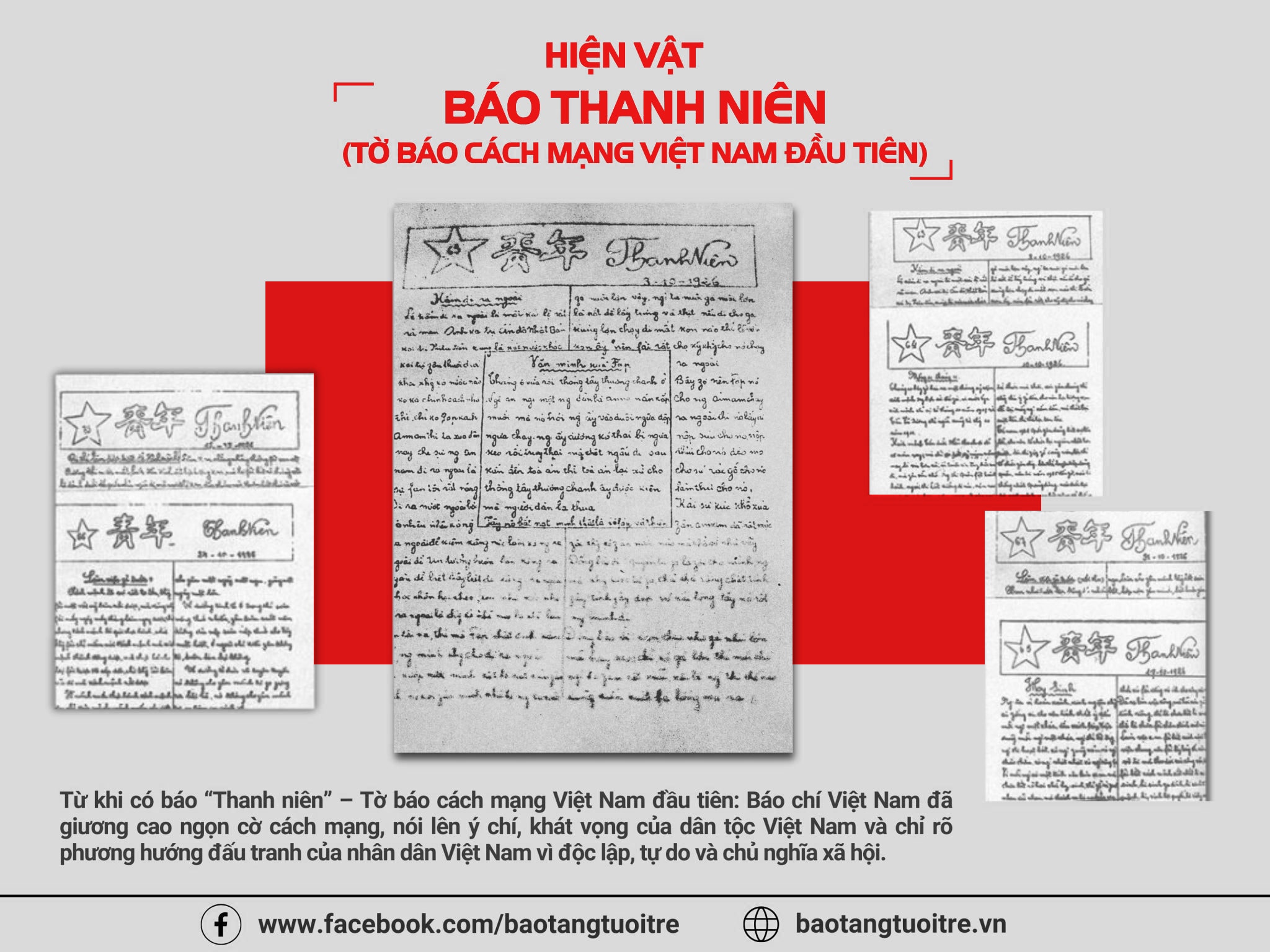
1. Profound and clear political orientation: Ho Chi Minh always understood that the press must be the voice of the Party, the State and the people. The press must effectively serve the revolutionary cause, be a sharp tool for propaganda, agitation, gathering and organizing the masses to successfully carry out revolutionary tasks. Each article, each piece of information must aim to strengthen the people's belief in the leadership of the Party, in the revolutionary path that the Party and Uncle Ho chose, and at the same time, strengthen the great national unity bloc. This orientation is not rigid or dogmatic but is always closely linked to real life, to issues that the people care about.
2. Simple, close, easy-to-understand but concise writing style: One of the most prominent characteristics of Ho Chi Minh's journalistic writing style is its simplicity, rusticity, and closeness to the masses. He always advised journalists to write so that "everyone can understand, everyone can do". He avoided academic and scholastic writing, but instead used everyday language, familiar comparisons and metaphors, proverbs, idioms, and folk songs to make his writing more vivid and easy to understand. Although simple, each sentence and each word contained profound meaning, great thoughts, and strong persuasiveness. For example, when discussing anti-corruption and waste, he did not use lofty words but directly pointed out specific, easily seen manifestations in life.
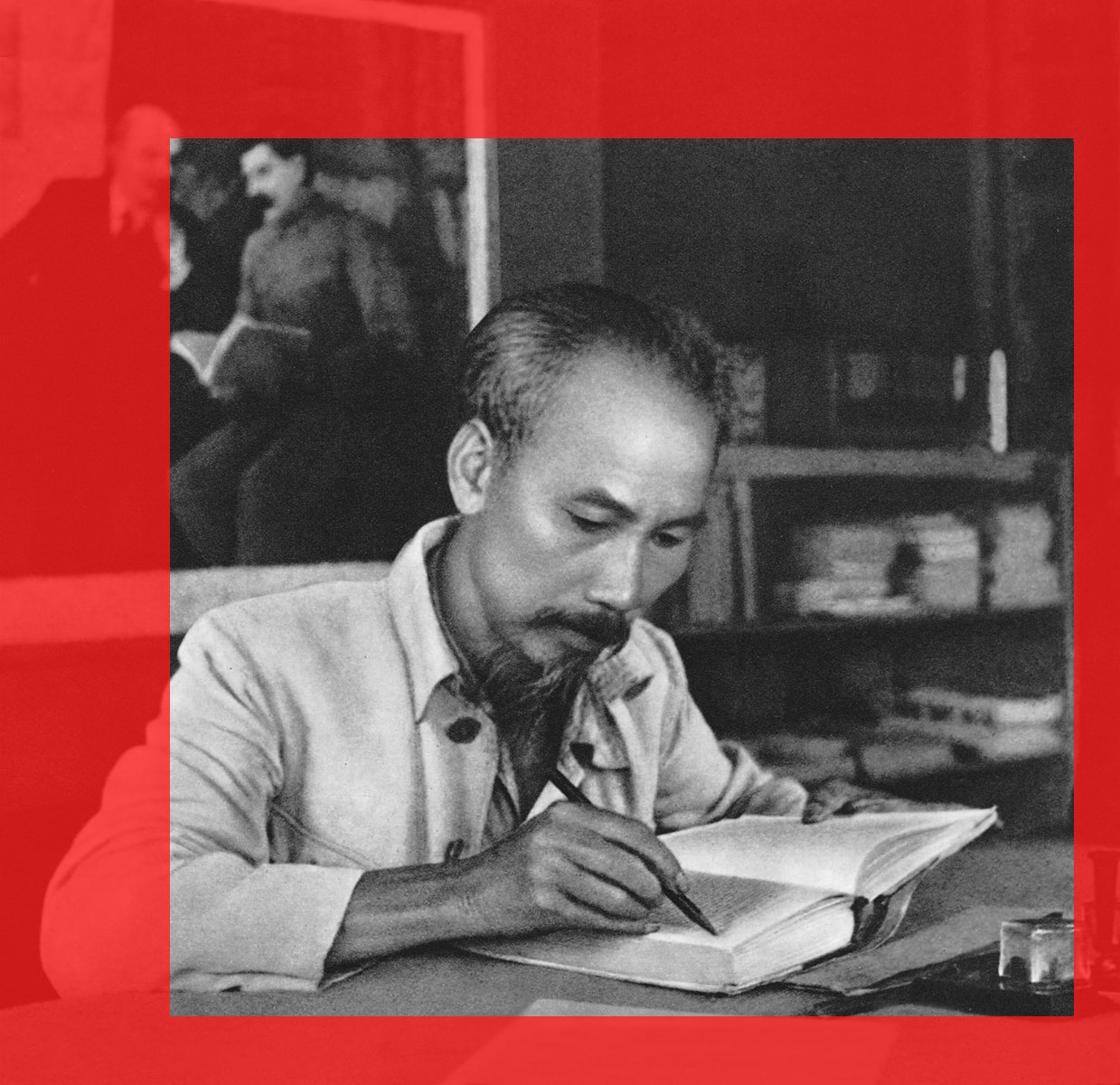
3. High fighting spirit and educational value: Ho Chi Minh's press is the press of the uncompromising struggle against evil, vice, and negative manifestations in society. He used his pen to criticize bureaucracy, corruption, waste, individualism, attack enemies and distorted arguments. At the same time, his press also has a profound educational value, fostering revolutionary ideals, ethics, lifestyle, arousing patriotism, self-reliance and self-reliance in every citizen. Uncle Ho is not only a critic but also a person who points out directions and ways to overcome and correct, so that everyone can progress together.
Exemplary morality and responsibility
of the journalist
Not only shaping the content and style, President Ho Chi Minh was also a shining example of ethics and responsibility of revolutionary journalists. He always emphasized that: "Journalists are also revolutionary soldiers. Pens and paper are their sharp weapons."
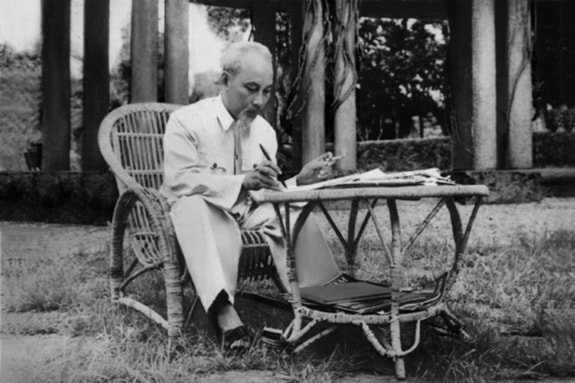
First, honesty, objectivity and professional conscience: Ho Chi Minh always required journalists to be honest in reflecting the truth, objective in assessing issues, not adding or distorting information. Journalists must have a conscience, not writing falsehoods for personal or group interests, harming the interests of the country and the people. "Write the truth. Do not fabricate or make up stories. Write whatever you hear," he advised.
Second, the spirit of self-study and continuous self-training: Uncle Ho is an example of continuous learning, always seeking and improving knowledge and skills. He always encouraged and required journalists to constantly improve their professional qualifications and skills, and update their knowledge on all aspects of social life. He also emphasized the training of revolutionary ethics and maintaining the qualities of cadres and party members.
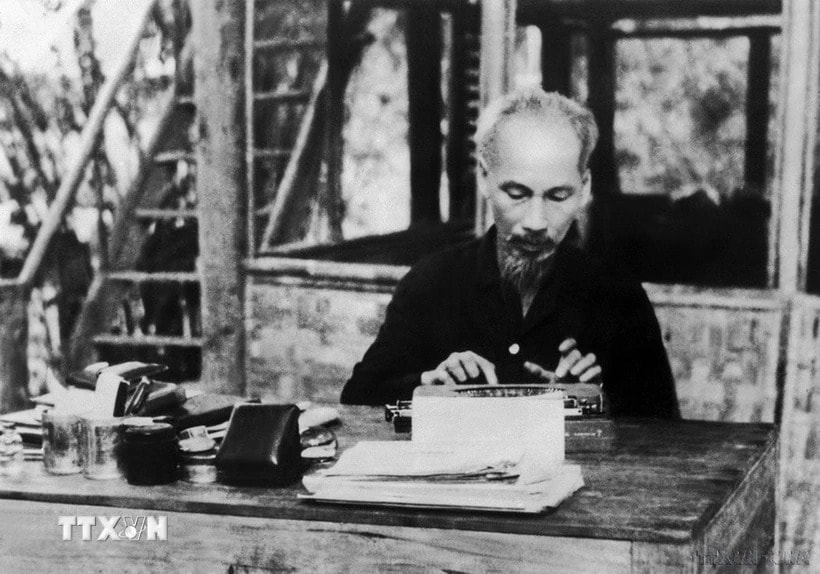
Third, the spirit of being close to the people, listening and understanding: Ho Chi Minh always attached importance to going deep, getting close to the masses, listening to their thoughts and aspirations, reflecting their voices. Journalists must truly be a bridge between the Party and the people, someone who honestly reflects the lives of the people, and at the same time, brings the Party's policies and guidelines to the people. People who regularly contact the people, directly learn about reality to have the most authentic information for their articles.
The ideological legacy and example of President Ho Chi Minh are invaluable assets and an endless source of inspiration for Vietnam's revolutionary journalism. Celebrating the 100th anniversary of the DayRevolutionary journalismVietnam (June 21, 1925 - June 21, 2025), every journalist today is more deeply aware of his or her responsibility, constantly studying and practicing following Uncle Ho's example, so that the pen is always a sharp weapon, an honest and objective voice, contributing to building an increasingly prosperous and happy country, worthy of the role of "soldiers on the cultural and ideological front" according to his teachings.

